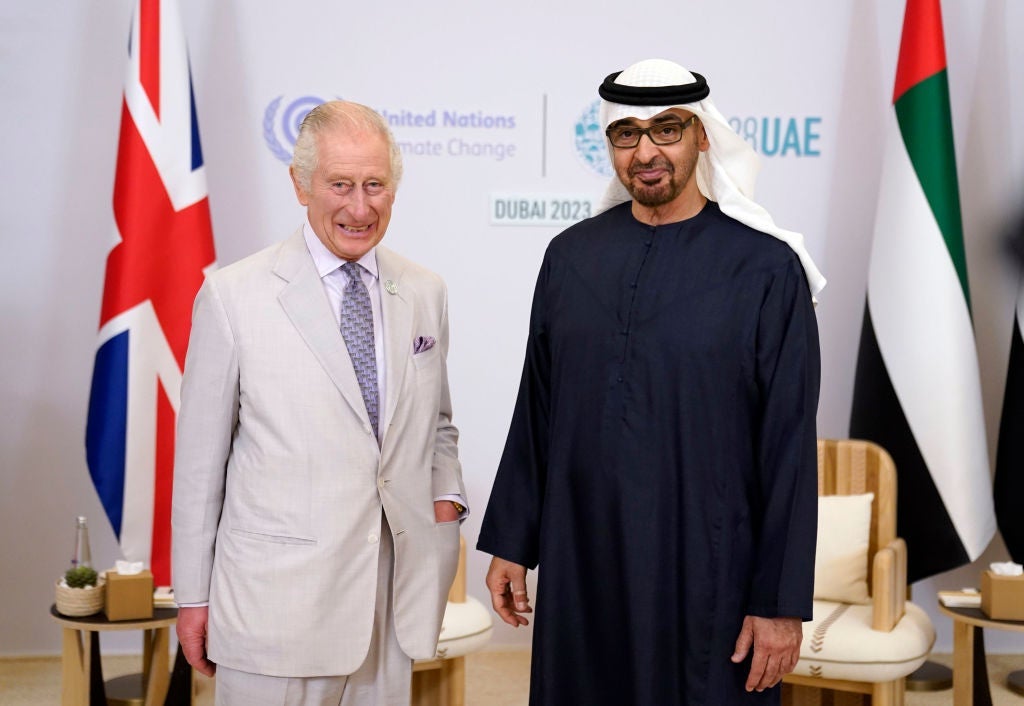
DUBAI – The latest annual UN climate conference, COP28, opened in Dubai on Thursday 30 November with at least 70,000 delegates from the worlds of politics, media and civil society expected to attend.
Discussion of how to boost support for climate mitigation, adaptation, and loss and damage are at the top of negotiators’ agendas as two weeks of intense talks begin.
Representatives from the 198 parties to the UN Framework Convention on Climate Change (UNFCCC) are set to agree on how best to respond to the first Global Stocktake, the main accountability mechanism built into the 2015 Paris Agreement. The Global Stocktake synthesis report, published earlier this year, showed that the world remains well off track its target to limit global warming to well below 2°C and ideally 1.5°C, and called for “system transformation” on “all fronts”.
COP28 opened amid louder warnings than ever before that the world’s temperature is rising at an unmanageable rate.
The World Meteorological Organization (WMO) announced on the opening day of COP28 that 2023 is “almost certainly” going to be the hottest year on record.
The WMO added that 2023 has been about 1.4°C above the average global temperature from 1850 to 1990. The past nine years have been the warmest nine in 174 years of recorded scientific observations, with the previous annual records set in 2020 and 2016.
Observers hope that the Global Stocktake can be a catalyst for greater ambition on climate action.
“Over 160 world leaders are headed to Dubai, because only cooperation between nations can get humanity back in this race. But COP28 cannot be just a photo-op. Leaders must deliver – the message is clear,” said UN climate change executive secretary Simon Stiell.
“As leaders leave Dubai after the opening summit, their message to their negotiators must be equally clear: don’t come home without a deal that will make a real difference,” he added. Like other recent COPs, COP28 will kick off with a high-level summit of heads of state and government on 1 and 2 December.
COP28’s opening day saw discussions get off to a strong start, as a new loss and damage fund – designed to compensate the world’s poorest and most vulnerable nations for climate damages – was created to help them deal with the irreversible impacts of climate disaster. Agreement to create the fund was heralded as the main achievement of COP27.
Initial contributions to the fund add up to just over $400m, with €225m ($245m) from the EU, including $100m from Germany. There is also £60m ($75m) from the UK, $24.5m from the US and $10m from Japan.
“If the COP presidency can build on this with a consensus agreement on a just phasing out of fossil fuels, COP28 will indeed be an historic event,” said Ghiwa Nakat, the executive director of Greenpeace Middle East and North Africa.






